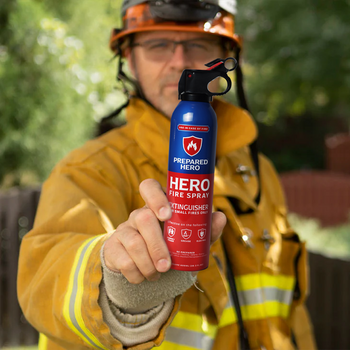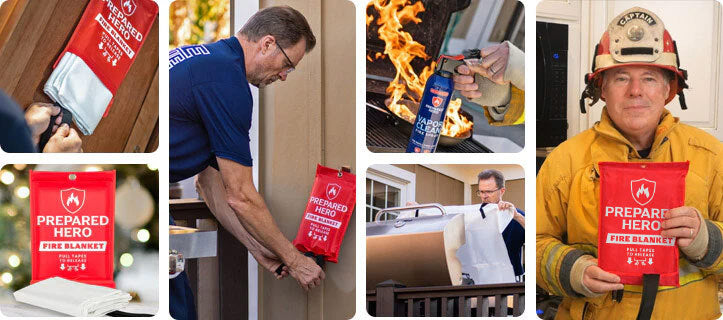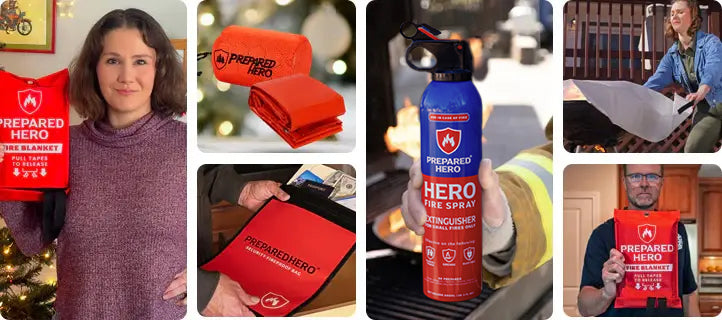Where you put your smoke detectors matters just as much as installing them. Proper placement makes sure they can detect...
When you lose your home to a fire, you lose more than just a property. You also lose your safe place and the memories that come with it. Such losses affect people in different ways. If you lost your house to a fire, you need to understand that it's not just about physical damage but emotional damage as well.
In this post, we'll go through how to recover emotionally from a home fire so you and your family can overcome trauma more easily.
How to Emotionally Recover From a Home Fire the Right Way
A home fire isn't just about losing a property. After all, material things can be replaced. However, you shouldn't underplay the emotional effect of a house fire. Here's how you and your family can emotionally recover from a home fire:
Spend time with family and friends.

Ask for support from people who care about you and your family. They'll listen and empathize with your situation, helping you to recover. Remember, social support plays a huge role in disaster recovery.
You can also find support from those who've survived the fire― your family. While it's difficult for everyone in your household, relying on each other helps because you have common ground.
Talk to each other about how you feel after the fire. Doing this helps you release negative emotions and understand each other better. If possible, ask for help from a family therapist for more support and objectivity.
Put off major life decisions.

Switching jobs, moving to a far place, and other huge decisions tend to be stressful in themselves. They're even harder when recovering from a house fire.
Avoid making major life decisions until you and your family have settled down and feel like your old selves. Lower your expectations of the huge things you should be doing and focus on recovering one step at a time.
Don't be afraid to show your emotions.
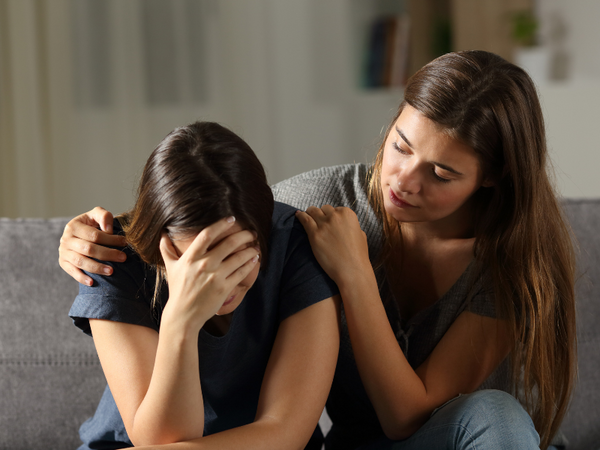
Let yourself and your family feel upset. Cry or shout if you want.
After seeing your house burn, you must express your feelings as much as possible. Writing in a journal, engaging in creative activities (e.g., drawing, painting), and doing physical activities (e.g., walking, yoga) can be therapeutic outlets for your emotions.
Remember, it's normal to feel what you feel, including anger, sadness, and frustration. Give yourself and your family permission to express these emotions without judgment so you can heal properly. Don't bottle things up (and explode later), especially if you have children who also need support.
Don't forget about yourself.
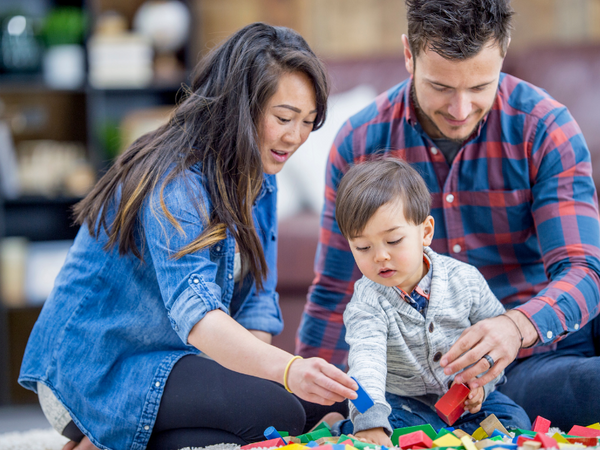
It's easy to overlook self-care after a house fire. At times of grief, people tend to forget themselves.
However, you should take care of yourself, too. You are human, not a superhero. Don't expect yourself to be immune to the aftermath of a house fire. Take care of yourself, take it slow, and cut yourself some slack. Yes, you have to be strong for your family, but you must also take care of yourself. Remember, you can't be sick while going through this challenging time.
Conclusion
We are humans, and we are not immune to the emotional aftermath of a house fire. So, give yourself and your family time to adjust. Let everyone feel what they must, and be patient with each other.
While it's impossible to foresee when a fire will start, you can be ready if it does. Preparing a fire kit with an emergency fire blanket, fire spray, fire protection gloves, and a smoke mask helps. Go to Prepared Hero and shop for fire safety tools now!


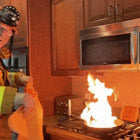 Fire
Fire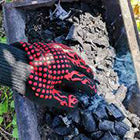 Safety
Safety Survival
Survival Protection
Protection New
New
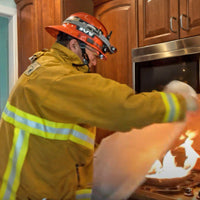 Fire
Fire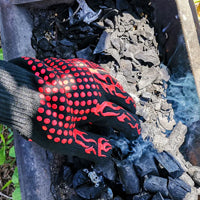 Safety
Safety Survival
Survival Protection
Protection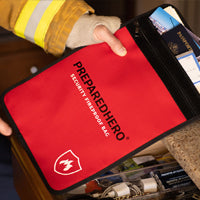 New
New



